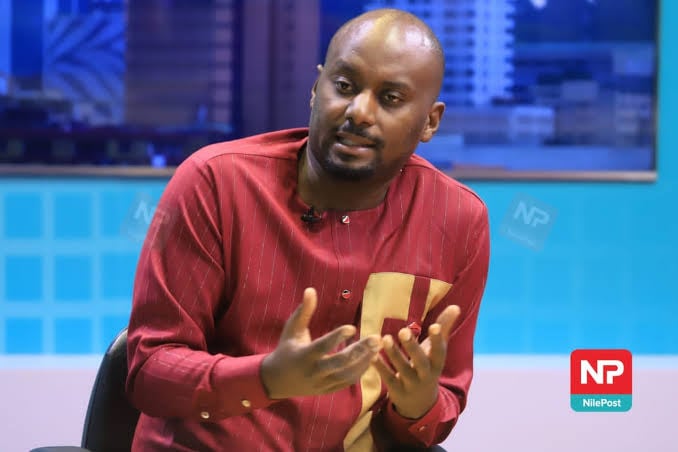The National Unity Platform (NUP) has accused the government of using a proposed amendment to the Political Parties and Organisations Act as a tool to coerce opposition parties into dialogue with the ruling National Resistance Movement (NRM).
The Political Parties and Organisations (Amendment) Bill, 2025 sponsored by Napak District Woman MP Faith Nakut—seeks to tie public funding of political parties to their membership and active participation in platforms such as the Inter-Party Organisation for Dialogue (IPOD) and the National Consultative Forum (NCF).
However, opposition parties have reacted angrily, calling the proposal a thinly veiled attempt to weaken their independence and force them into political spaces they have deliberately abandoned.
"You can clearly see they are trying to target NUP, but we are part of the National Consultative Forum and we are happy to remain there," said NUP Secretary General David Lewis Rubongoya.
"It’s established by law and operates through a defined legal mechanism, unlike IPOD which is based on a mere Memorandum of Understanding."
Rubongoya maintained that NUP has no intention of returning to IPOD, which some opposition leaders have mocked as a platform for "tea meetings" rather than meaningful dialogue.
The bill has already been referred to Parliament’s Legal and Parliamentary Affairs Committee for further scrutiny. Yet several opposition politicians argue that it undermines democratic progress by attempting to compel participation in partisan forums under the pretence of promoting unity.
"I think they want to use the money element to force political parties that have deliberately distanced themselves from the NRM to engage and associate with the ruling party, which they otherwise would not want to," said Buhweju County MP Francis Mwijukye.
Mwijukye added that lawmakers should instead focus on why platforms like IPOD are failing, warning that coercive approaches may further alienate key political players.
“We’d rather concentrate on why such gatherings are failing—why Ugandans are not comfortable sitting with the Museveni-led NRM—and address those concerns,” he said.
UPC President Jimmy Akena also criticised the bill, saying it threatens to undo the modest democratic gains achieved in recent years.
“What is now being done in Parliament is to undermine political parties. They are trying to completely reverse any gains we had in furthering democracy,” Akena said.
In response to the growing criticism, IPOD Executive Director Lawrence K. Sserwambala urged aggrieved parties to engage constructively in the legislative process.
“There is a gap that needs to be filled. The issues of how that gap can be addressed should be discussed at the committee stage. I encourage all aggrieved political actors to share their opinions,” Sserwambala said.
He also warned that the persistent refusal of some parties to participate in dialogue has long-term implications for national development and governance.
“What we are discussing are issues that are very pertinent to the governance of this country. It is important that all political parties, especially those with a public mandate, participate in these engagements,” Sserwambala added.


